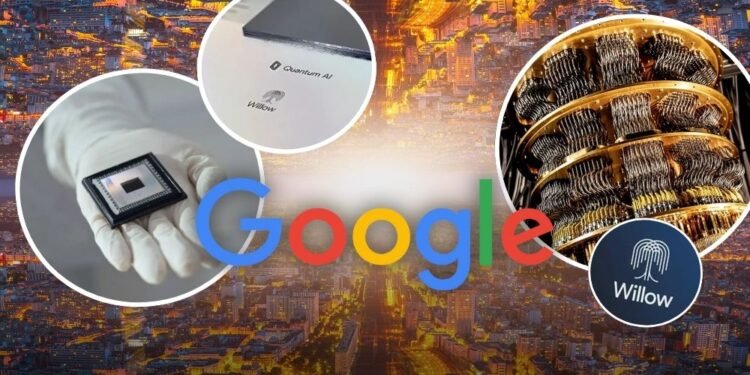Google’s new quantum chip, Willow, is stirring up debates about parallel universes after solving a problem in just five minutes—a task so complex it would take supercomputers 10 septillion years to complete.
That’s longer than the universe has existed, according to the team at Google Quantum AI.
Quantum Leap for Technology and the Multiverse?
Physicist Hartmut Neven, founder of Google’s Quantum AI team, suggested that Willow’s success lends credibility to the idea that quantum computations happen across parallel universes, aligning with the multiverse theory proposed by physicist David Deutsch.
Unlike traditional computers that rely on 0s and 1s, quantum computers use qubits—allowing them to process data at speeds previously unimaginable. Paradoxically, Google reduced errors in Willow by adding more qubits, a milestone breakthrough.
Not Everyone’s Convinced
While Google’s claims are mind-blowing, not all scientists are on board with the multiverse link. Astrophysicist Ethan Siegel argues quantum mechanics can work “just fine” without introducing parallel universes. Still, experts like Professor Winfried Hensinger hail Willow’s achievement as a major leap toward practical quantum computing with real-world applications in drug discovery, cybersecurity, and more.
Whether it proves the multiverse or not, Google’s Willow is reshaping what we thought was possible—and it’s just the beginning.











